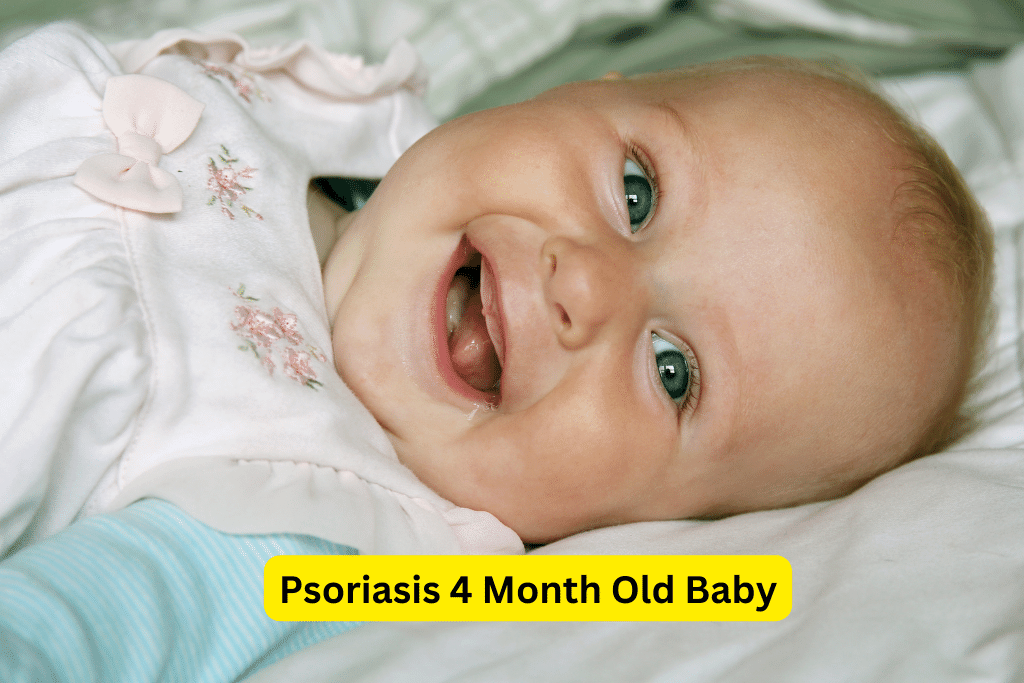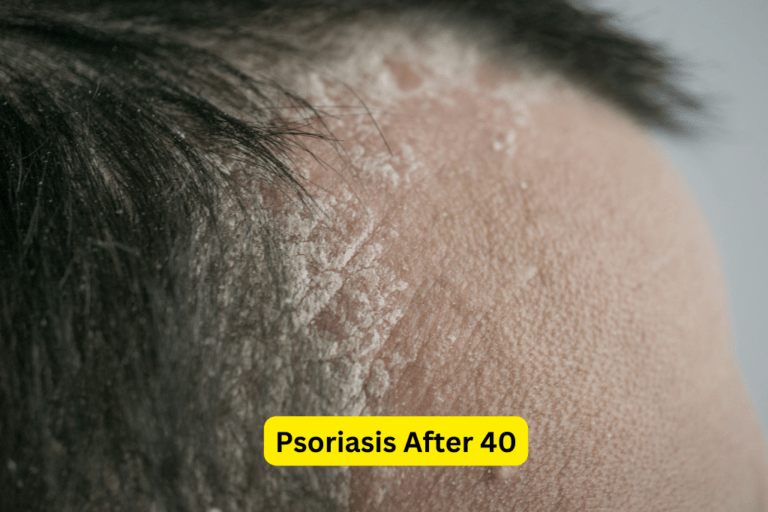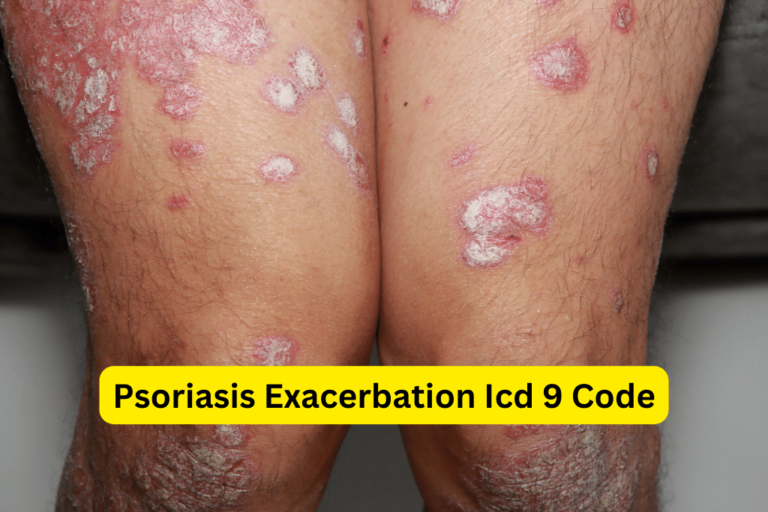Managing psoriasis in 4-month-old babies: Expert tips
Psoriasis 4 Month Old Baby
Psoriasis is a chronic skin condition that affects people of all ages, including infants. While it is uncommon for babies as young as 4 months old to develop psoriasis, it can still occur. Understanding and managing psoriasis in such young infants is crucial for their comfort and overall well-being.
In this article, we will explore the causes, symptoms, and treatment options for psoriasis in 4-month-old babies. We will also discuss natural remedies, home care, lifestyle and dietary considerations, seeking professional help and support, as well as prevention and long-term management strategies.
Section 1: Causes of Psoriasis in 4-month-old Babies
Psoriasis in babies has been associated with genetic predisposition and family history. If either parent has psoriasis, there is a higher likelihood that their baby may develop the condition. Additionally, environmental factors such as infections, trauma to the skin, or certain medications can trigger psoriasis in infancy.
Psoriasis is also believed to be related to immune system dysregulation. In babies, this dysregulation can lead to the overproduction of skin cells and the development of psoriatic plaques.
Section 2: Identifying Symptoms of Psoriasis in 4-month-old Babies
Early identification of psoriasis symptoms in babies is crucial for timely intervention and management. The most common signs of psoriasis in infants include red and inflamed skin, dry and scaly patches, and possibly pustules on the skin. These symptoms can often be mistaken for other skin conditions such as eczema, making accurate diagnosis important.
**Distinctive features of psoriasis in infants include the presence of plaques on the diaper area, scalp, and folds of the skin.**
If you notice these symptoms on your baby’s skin, it is important to consult a healthcare professional for a proper diagnosis.
Section 3: Diagnosing Psoriasis in 4-month-old Babies
Diagnosing psoriasis in such young infants requires a thorough medical examination and assessment by a healthcare professional. They will evaluate the appearance of the skin lesions, consider the family history, and may perform diagnostic procedures.
**Differential diagnosis is important to rule out other skin conditions that may resemble psoriasis in infants.** Other skin conditions such as eczema or fungal infections can have similar symptoms but require different treatments.
Section 4: Treating Psoriasis in 4-month-old Babies
The treatment of psoriasis in babies focuses on alleviating symptoms and managing the condition. Topical treatments such as **emollients and moisturizers** can help keep the skin hydrated and reduce inflammation. In more severe cases, mild corticosteroids may be prescribed to reduce the inflammation and itching.
Proper skincare routines, including **gentle bathing**, can also help manage symptoms. It is important to follow the healthcare professional’s guidance and **use medication judiciously and under medical supervision**.
Section 5: Natural Remedies and Home Care for Psoriasis in 4-month-old Babies
In addition to medical treatments, there are natural remedies and home care techniques that can help manage psoriasis symptoms in babies. **Gentle herbal remedies** such as chamomile or calendula creams can provide relief for irritated skin. Additionally, maintaining a comfortable environment by using soft fabrics and avoiding harsh chemicals can make a difference.
**Managing itchiness and discomfort naturally** can be achieved through techniques like applying cool compresses or using gentle, fragrance-free baby products. However, it is important to consult with a healthcare professional before using any natural remedies or home care techniques on your baby’s skin.
Section 6: Lifestyle and Dietary Considerations for Parents
The role of lifestyle and diet in managing psoriasis in infants is still being studied. While there is no specific diet that can cure psoriasis, there are dietary considerations that parents can keep in mind. Avoiding potential triggers such as certain foods or allergens can help reduce the likelihood of flare-ups.
A healthy lifestyle, including regular exercise and **boosting the immune system**, can also contribute to managing psoriasis in infants. It’s important to consult with a healthcare professional or nutritionist for personalized advice.
Section 7: Seeking Professional Help and Support
Dealing with psoriasis in infants can be challenging and emotionally taxing for parents. It is essential to seek professional help from a pediatric dermatologist who specializes in skin conditions in infants. These experts can provide a proper diagnosis, recommend appropriate treatment options, and offer guidance and support throughout the process.
Joining local or online support groups for parents of babies with psoriasis can also be beneficial. **Psychological support** for both parents and babies is crucial to ensure the well-being of the entire family.
Section 8: Prevention and Long-Term Management of Psoriasis in Babies
While there is no guaranteed way to prevent psoriasis in babies, there are strategies that can help minimize flare-ups and reduce the likelihood of recurrence. Regular follow-up appointments and monitoring of the condition are important to identify any changes or new symptoms.
Developing coping mechanisms for parents is essential for managing the emotional toll of the condition. Providing a supportive environment and ensuring the baby’s well-being is central to long-term management.
Conclusion
Understanding and managing psoriasis in 4-month-old babies is crucial for their comfort and well-being. By recognizing the causes, identifying symptoms, seeking professional help, and implementing appropriate treatment options, parents can effectively manage this skin condition.
Remember, early detection and proper management are key. If you suspect your baby may have psoriasis, consult a healthcare professional for an accurate diagnosis and guidance. With the right support and care, you can provide your little one with the best possible outcome.
"Have You Seen Mike Walden's new holistic acne System yet? It's called "Acne No More" I've read the whole thing (all 223 pages) and there's some great information in there about how to naturally and permanently eliminate your acne without drugs, creams or any kind of gimmicks. I highly recommend it - it's very honest and straightforward without all the hype and b.s. you see all over the net these days. Here's the website where you can get more information:
Click Here -->AcneNoMore









